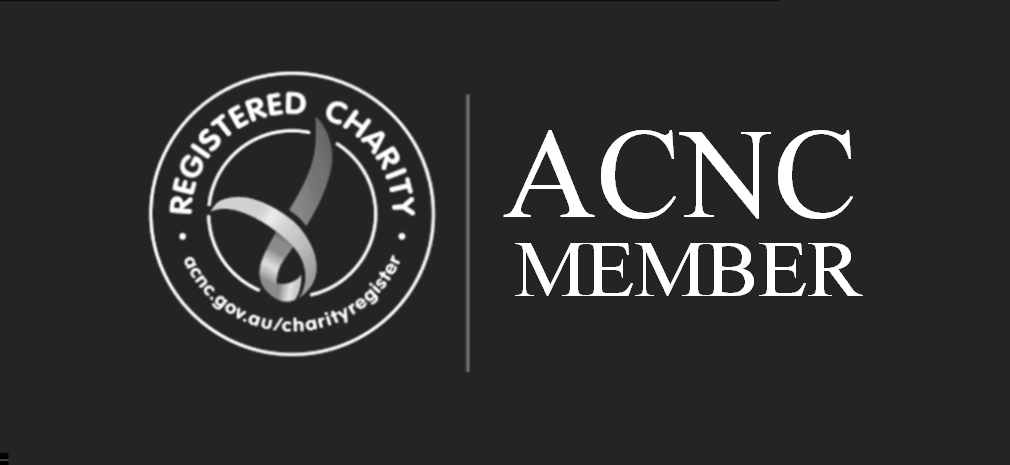Compliance Indicators
Compliance with the Commitments will be assessed against the following Compliance Indicators. All of the applicable Compliance Indicators must be met by every ACFID Member to be considered compliant with the Code. Each of the Compliance Indicators has one or more compliance Verifiers. Verifiers are the description of evidence that is required to substantiate compliance with each Compliance Indicator. Guidance is also provided.



